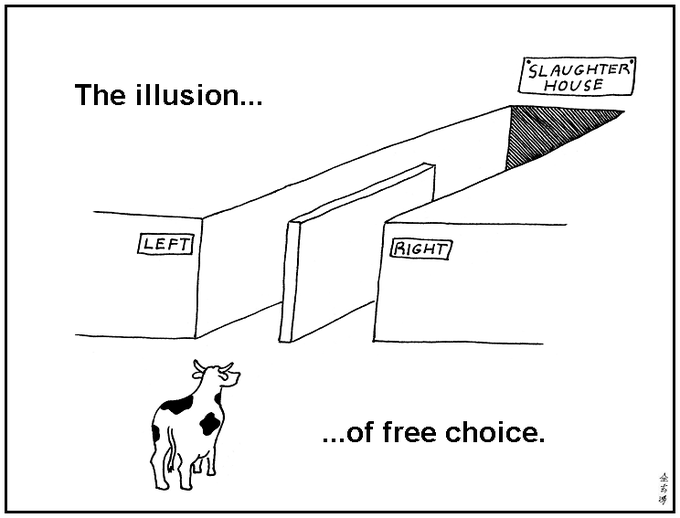Jack Yesner Week 5 - Free Will or Fixed Destiny?
After hearing that Netflix decided to revive the show Manifest for a final season after its cancellation on NBC, I finally resumed my watch of it. Without diving into the plot or spoilers, the show essentially revolves around a group of people who mysteriously begin having visions, or “callings”, after their flight arrives five years after it took off. These callings serve as predictions of the future in some way, and though I have not yet finished the show to fully verify my claim, each calling has come true in some aspect. Even though the passengers go to far stretches to outrun some of the callings, they are actually working to ensure that the vision comes to reality. In all fairness Manifest is a television show, but it gives rise to the question: are we in control of our own fate? Or is there some kind of predetermined destiny we all unconsciously follow?
The sci-fi situations of Manifest coincidentally relate to my new unit in Spanish class: Dreams vs. Reality. The key story of this chapter, “El Otro”, written by Argentinian writer Jorge Luis Borges, depicts an old man confronting a younger version of himself, somehow crossing through the constructs of time. A similar question arises about time travel: if someone were to cross through time, would they have the free will to change the past?
I believe common opinion lies on the side of freedom. Everyday human life does not conflict with the idea that autonomy and spontaneity exist. Most major religions, including Christianity, Islam, Hinduism, and Judaism, enact the tenet of free will onto billions of their believers. Even renowned physicist Stephen Hawking believed humans have freedom of choice, as I was told in my Spanish class, with the caveat that any history-changing decisions made by a time traveler would cause a parallel universe to form.
However, I personally disagree. My perception of this philosophical question aligns most closely with an unconventional work for this topic: Harry Potter. In Harry Potter and the Prisoner of Azkaban, Harry travels back in time through the use of a time-turner device. Although at first glance it seems that he is changing the past, this is not the case. In reality, when Harry went back in the past, there were two Harry Potters in existence simultaneously. In the Harry Potter universe, there is only one, unchangeable timeline, which Harry simply jumps through to different spots. In the end, Harry realizes he must act in a certain way to complete the timeline that, for him, has already occurred. Harry is simply fulfilling his destiny.
Whichever side of the debate you fall on, this topic is both reassuring and discomforting. To free will believers, it is empowering to have the ability to make up our minds and change the future, but it is worrying that a bad action could change history for the worse. For destiny believers, it is comforting to know that we are always on the right track, but it is unnerving to not have a sense of control. Either way, it is important to live on, as I think we can all agree that we will likely not know the ultimate answer to this question, at least during our lifetimes.
Do you believe humans have the power to make our own decisions or are following their predetermined fates? Do you believe a time traveler could alter the past?

This is a really interesting question! I never thought about it that way... I've always thought of myself as having full autonomy over myself, but I think to some extent our decisions aren't our own. Our parents, friends, and mentors influence our decisions. I think that ultimately, it's important to reflect on decisions you're making to make sure you're living the life you want to live.
ReplyDelete